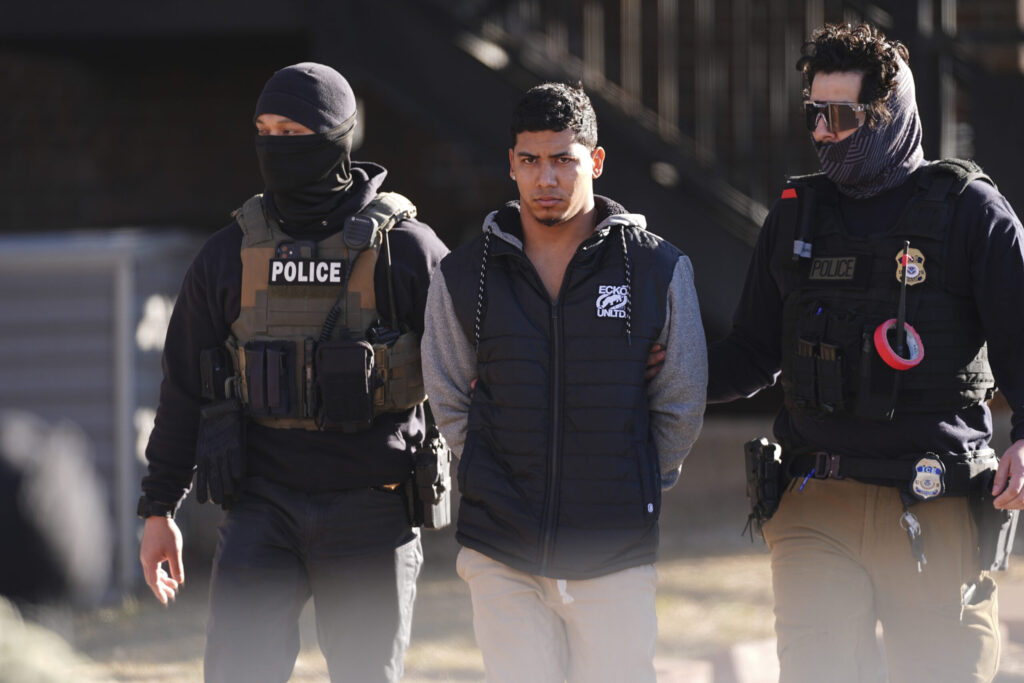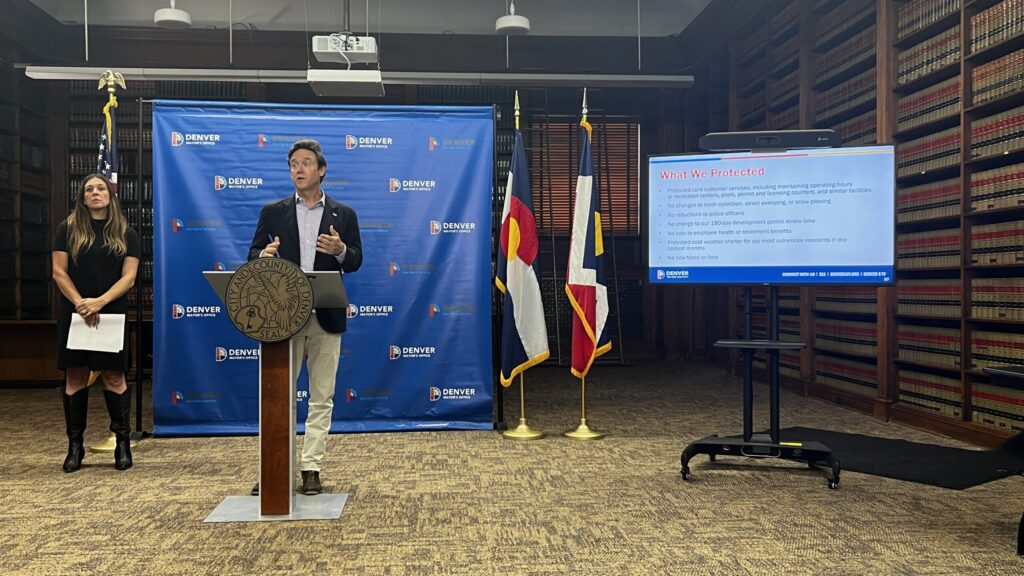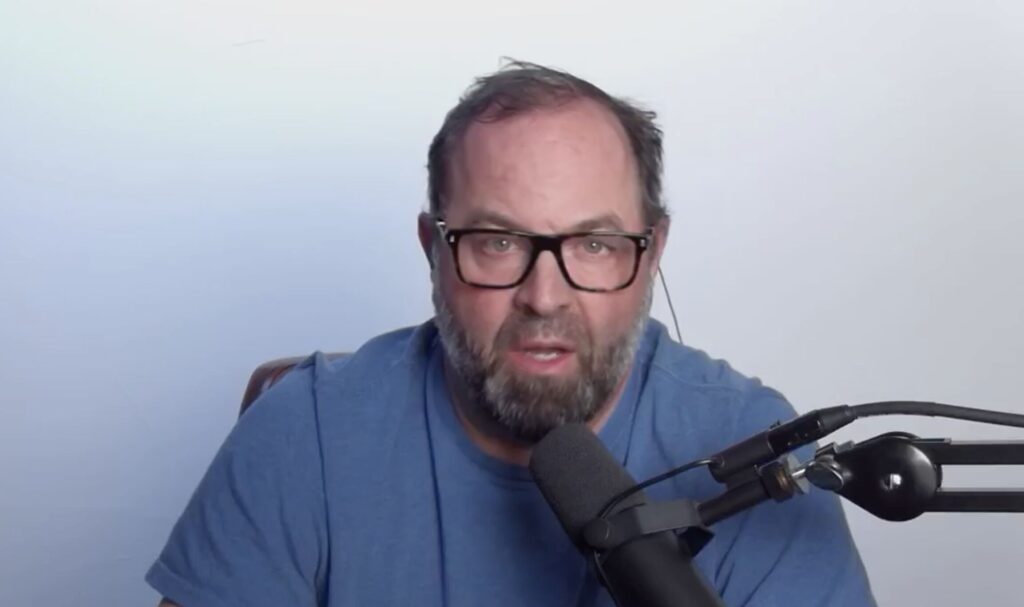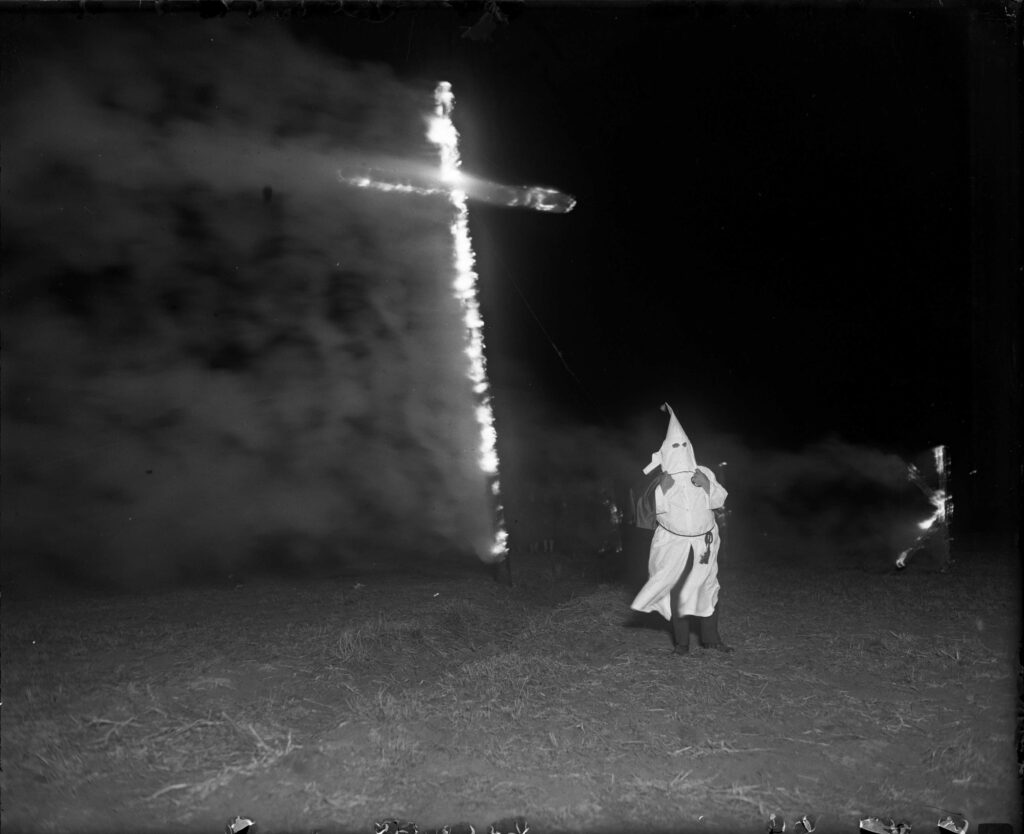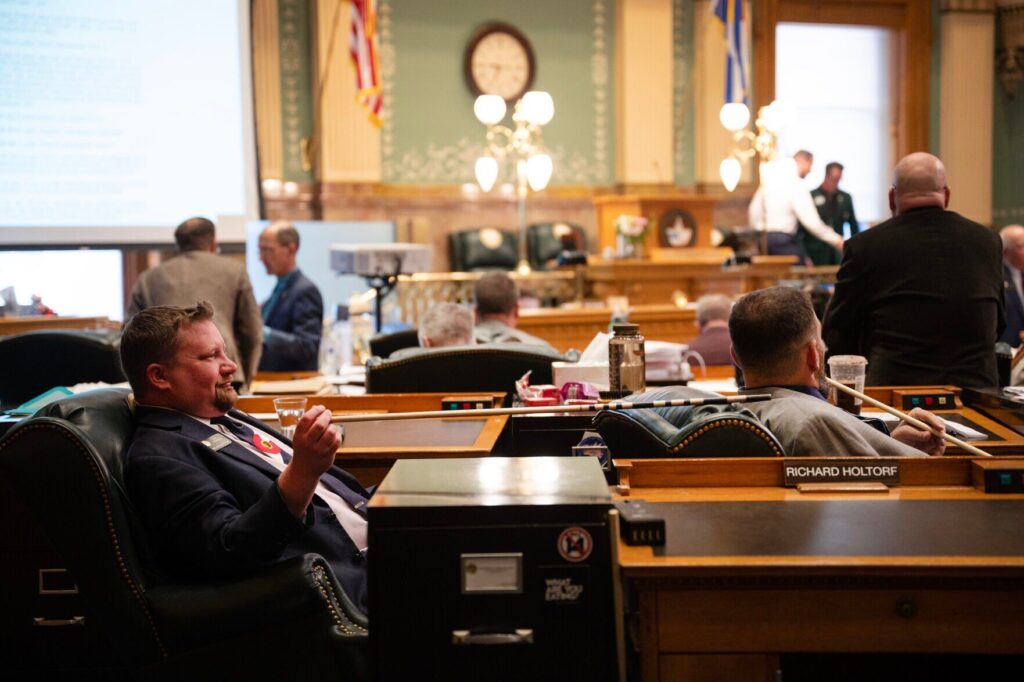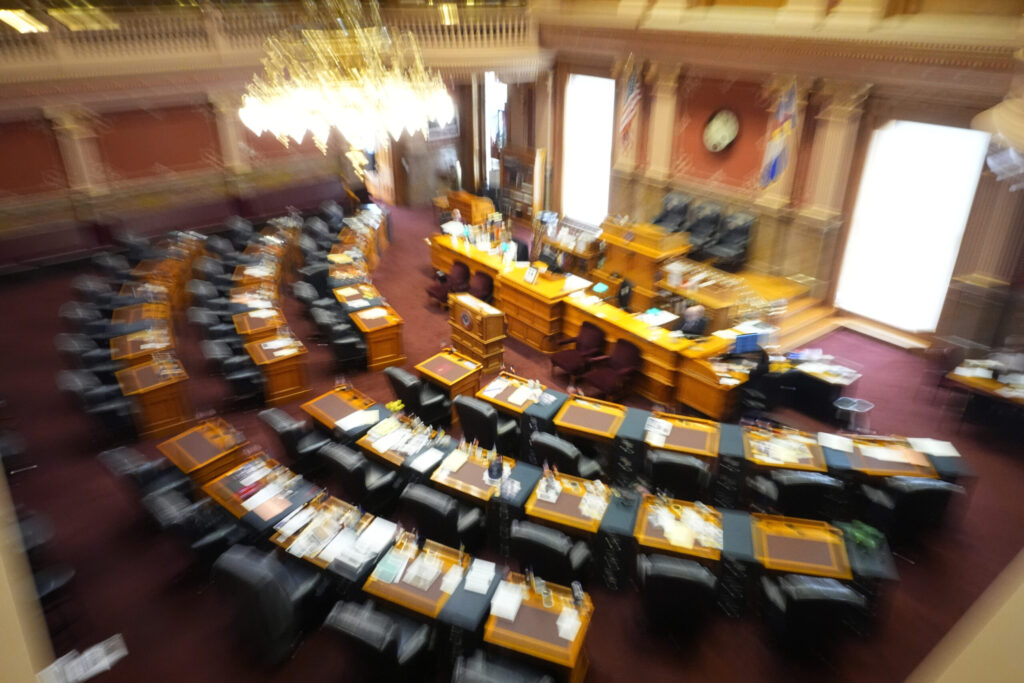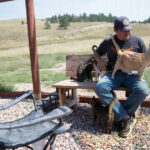Polis says fracking battle will only get ‘bigger, more acrimonious’
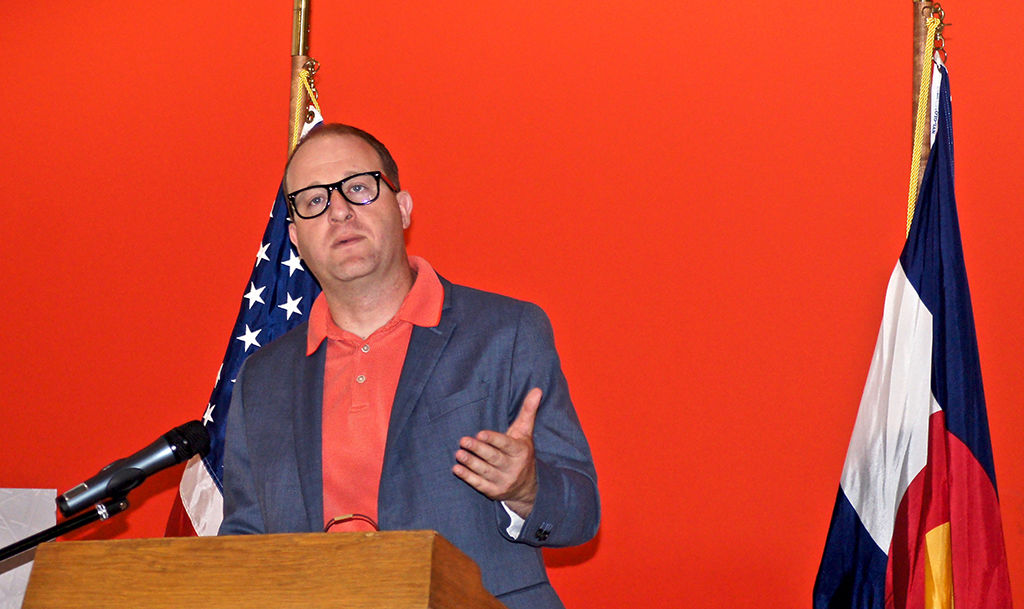
U.S. Rep. Jared Polis on Monday told The Colorado Statesman that the battle for greater local control over oil and gas drilling will keep coming back every two years if the State Legislature is unable to take action on the emotionally charged issue of fracking in and around neighborhoods.
“Issues are always best addressed legislatively, but if the Legislature fails to address it, I’m sure proponents of ballot initiatives will be back,” Polis told The Statesman on Monday after Colorado Secretary of State Wayne Williams concluded supporters of two anti-fracking ballot initiatives – one of which Polis backed – didn’t collect enough valid voter signatures.
Polis gave $25,000 to Yes for Local Control Over Oil and Gas, the group pushing Initiative 75 that would have given local governments more regulatory control over oil and gas drilling within town and county boundaries, including possibly banning fracking in certain areas. Drilling is currently regulated primarily by the state.
“I don’t know how many times it will take or who’s going to do it, but fundamentally this is one of the single biggest issues I hear about [from my constituents],” added Polis, a Boulder Democrat who represents the 2nd Congressional District. “Their property values are affected and their property rights are affected, and nothing hits closer to home than that kind of issue with people.”
Polis did not contribute to Initiative 78, which would have called for a 2,500-foot setback of drilling operations away from homes, public buildings and water sources.
“I previously supported a 1,500-foot setback,” Polis said. “I bridged that discussion, and I think it’s a discussion we need to have with homeowners and the extraction community to see what a good, safe setback is in our state.”
Protect Colorado, an issues committee made up of industry groups, business leaders, ranchers and farmers, pointed to state analysis indicating Initiative 78 would have eliminated 90 percent of all new oil and gas development in the state.
Polis has long been a proponent of tighter local authority over hydraulic fracturing and drilling operations in general. In 2013 he took legal action to stop a well from being fracked near his property in Weld County, later dropping the complaint.
Polis supported anti-fracking ballot initiatives in 2014 and worked toward a legislative solution in what would have been a special session designed to avoid a ballot fight. He later supported a deal with Democratic Gov. John Hickenlooper that formed an oil and gas task force to hopefully address the setback and local-control issues.
“We’ve worked legislatively on this issue,” Polis said. “We had some draft legislation that we hoped would have been addressed in a special session a couple of years ago. We’ve also worked on a couple of recommendations to the task force that fell just short of a two-thirds [majority].”
Polis said he does not regret that 2014 deal with Hickenlooper that led to the task force and kept similar measures off the ballot two years ago.
“I was hopeful that the commission would have come up with answers, and a strong majority of the commission did recommend some sensible local-control provisions, but unfortunately because they didn’t have a full two-thirds support, they weren’t adopted,” Polis said, adding that what the state did come up with last year fell woefully short of what is needed.
“Again, whether it’s at the ballot box or at the Legislature, the issue will only continue to get bigger and more acrimonious until it gets addressed,” Polis said, declining to speculate on whether it will be even more difficult for anti-fracking measures to get on the ballot two years from now if Amendment 71 (Raise the Bar Colorado) passes.
Raise the Bar would make it more difficult to amend the state’s constitution, requiring proponents to gather the signatures of 2 percent of all the registered voters in each of Colorado’s 35 state senate districts and upping the overall approval ratio to 55 percent of all voters.
Currently, state law only requires 50 percent plus one to approve a constitutional amendment, and both statutory and constitutional amendments can land on the ballot with signatures of 5 percent of the overall registered voters from anywhere in the state – making it much easier to gather enough valid signatures along the state’s more populous Front Range.
Of course, if Democrats keep control of the House and regain control of the Senate in November, they may be able to increase local control and impose greater drilling setbacks legislatively.
While still considering an appeal, proponents are not giving up the fight. Food & Water Watch Rocky Mountain director Lauren Petrie called it an “uphill battle” in a press release, adding, “We were outspent 35 to 1 by oil industry opponents and faced an unprecedented effort to keep the measures off the ballot.”
But State Sen. Ray Scott, a Grand Junction Republican, predicted neither initiative would make it on the ballot. He said voters have wised up to the fact that oil and gas drilling is critical to the state’s economy.
“[Voters have] seen the impacts of what’s happened – homes going up for foreclosure or people losing their jobs and moving away – and Coloradans have really figured out that the energy industry is incredibly important to this state,” Scott said.
The proponents of the two initiatives have 30 days from Aug. 29 to appeal the Secretary of State’s decision in Denver District Court.





